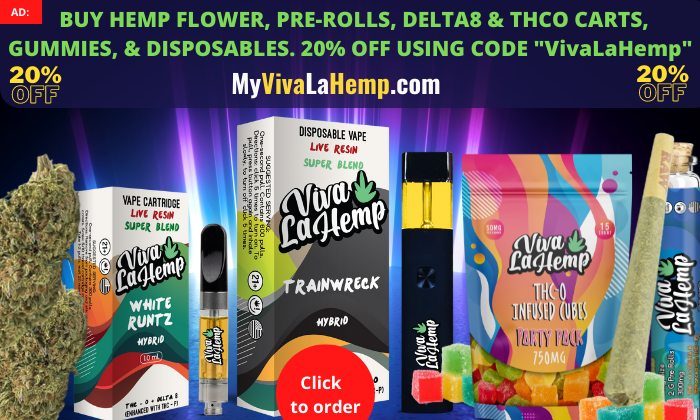Case Study: Nostalgia Marketing
Week 3: Written Assignment
Please, read and analyze the case study Nostalgia Marketing Brings Memories back, located in the folder Recommended Readings for this Week (Downloadable) and also below.
Write a 4-page essay answering the discussion questions at the end of the case, including a cover and reference page. Essay must be in APA format with at least two (2) citations and references; one can be the textbook. Nostalgia Marketing Brings Memories Back
Many different marketers, from cat-food manufacturers to insurance firms, are evoking positive memories of the past to capture the imagination of consumers through nostalgia marketing. Whether they’re bringing back old jingles, slogans, images, logos, characters, or brands, marketers want to jolt consumers’ memories. Feeling pressured by today’s fast-paced, high-tech world, many consumers are receptive to familiar ads and products they associate with their younger days and bygone times they remember fondly.
Meow Mix cat food, owned by Del Monte Foods, recently resumed the use of its decades-old advertising jingle, after a 16-year hiatus. The jingle is a series of “meows” set to a simple tune that plays as viewers watch cats “mouth” the words during the commercials. “The Meow Mix Jingle brings back a sense of nostalgia and is a classic advertising spot that many people can even recite by memory,” explained the brand’s marketing director. The jingle is so memorable that 50 percent of consumers surveyed before the new ads aired said they had heard the jingle during the previous 18 months, even though it had not been used for more than a decade.
Comic-strip characters from the 1960s are helping MetLife appeal to consumers who smile when they see Charlie Brown, Snoopy, and other Peanuts characters in the insurance company’s ads and social media posts. Before debuting a new commercial during the Super Bowl, MetLife used its Facebook page to post “comments” by Peanuts characters. After the game, MetLife posted additional character scenes online to keep the buzz going. Why use nostalgia for Snoopy to market life insurance? “It definitely takes people back, and we wanted to start a dialogue,” says a company executive.
Volkswagen, Audi, and other car companies frequently play on nostalgia for old rock songs to reach target audiences. One Volkswagen commercial recently featured a 1960s James Brown hit, while an Audi ad featured a 1980s song by Echo and the Bunnymen. H&M has marketed its men’s clothing with hit songs from the past such as the Animals’ Don’t Let Me Be Misunderstood. Nostalgia for childhood snacks has helped Cadbury market its Wispa chocolate bar and Nestlé market its Kit Kat bars.
The long-running TV program Mad Men, which focused on characters rising in the advertising industry of the 1950s and 1960s, provided numerous opportunities for advertisers to evoke nostalgia for the period. Unilever created retro-look commercials to air in Europe during the program’s fourth season. During the U.K. premiere of Mad Men’s fifth season, Sky Atlantic ran well-known British TV commercials from the 1960s for Fairy Liquid, Tetley Tea, and other brands, heightening viewer anticipation for a nostalgic look back at ads they hadn’t seen for many years.
When the U.S. magazine Newsweek put Mad Men on its cover, it suggested that advertisers submit ads with a 1965 look. That issue included a Spam ad with flower-power colors and fonts; a Dunkin’ Donuts ad with 1960s images of the donut shop; a Hush Puppies shoe ad based on the company’s actual 1960s ads; a new Mercedes-Benz sports car advertised in 1960s style; and a reprint of a 1960s Johnnie Walker Red liquor ad. Media coverage of the issue and its special ads increased sales and boosted traffic to websites where the ads were posted, adding a 21st-century angle to the 20th-century nostalgic appeal.Case Questions
1. Using the concepts in this chapter, explain why Meow Mix would return to its old advertising jingle 16 years after the company stopped using it.
2. What role do episodic and semantic memory play in the use of nostalgia marketing?
3. How is MetLife’s use of Peanuts comic-strip characters in its ads likely to affect consumers’ schemas? Would you have these characters posting on Facebook as part of the campaign? Why or why not?



